In golf, the caddie is more than just a companion carrying a player's clubs. A caddie is a crucial part of a golfer's strategy and success, providing expert advice, emotional support, and practical help that can make all the difference in a competitive game. Let's dive into the essential functions of a caddie and understand why they are indispensable in the world of golf.
1. Club Selection and Course Strategy
One of the most critical functions of a caddie is to help the golfer choose the right club for each shot. Experienced caddies have a deep knowledge of the golfer's strengths, weaknesses, and playing style, which enables them to recommend the best options. They take into account various factors like distance, wind speed, course layout, and even the lie of the ball. A great caddie is often instrumental in the player’s course strategy, helping them decide when to take risks or play it safe, particularly on complex or unfamiliar courses.
2. Providing Course Knowledge
Caddies are often familiar with the ins and outs of the course, including details like the terrain, grass types, and specific features that affect play. They can inform the golfer about hidden hazards, tricky slopes, or the best angles to approach greens. This knowledge is especially valuable on professional courses, where even small differences in terrain can have a significant impact on performance.
3. Reading Greens
Reading greens is another crucial role of a caddie. The caddie helps analyze the slope, grain, and speed of the green to predict how the ball will break and how hard it needs to be hit. This guidance is particularly helpful when a player is lining up a putt, as even the smallest miscalculation can result in a missed opportunity. An experienced caddie’s insight can make a noticeable difference, especially on challenging greens.
4. Emotional Support and Motivation
The caddie’s role is not only technical but also psychological. Golf is a mentally demanding sport, and players face moments of frustration, doubt, and pressure. A skilled caddie knows when to encourage, motivate, or offer calm advice. Their presence can help players stay focused and resilient, particularly during high-stakes competitions. Caddies often act as a sounding board, helping the golfer shake off setbacks and regain confidence.
5. Keeping Track of the Game
Caddies assist in keeping score and tracking the details of each shot. They take note of critical information such as club selection, distance, and outcomes, which the player and coach can later review to improve performance. In professional settings, caddies are also responsible for handling the player’s equipment, ensuring that clubs and balls are clean and in top condition for each shot.
6. Managing Equipment and Etiquette
A caddie handles practical tasks like carrying the golfer's bag, cleaning clubs, and retrieving balls. These actions might seem simple, but they are essential to maintaining the player's focus on the game. Additionally, caddies help with maintaining proper etiquette on the course, such as repairing divots, raking bunkers, and replacing flagsticks. They ensure that the player’s pace is steady and that all actions are in line with the rules of golf.
A caddie’s influence goes far beyond carrying clubs; they serve as strategists, motivators, and course guides. Their deep understanding of the game and the player’s unique style allows them to offer invaluable insights and support that often lead to better scores and a more focused game. This combination of skills and personal rapport with the golfer makes caddies an integral part of professional golf and a source of inspiration and support for players at all levels.


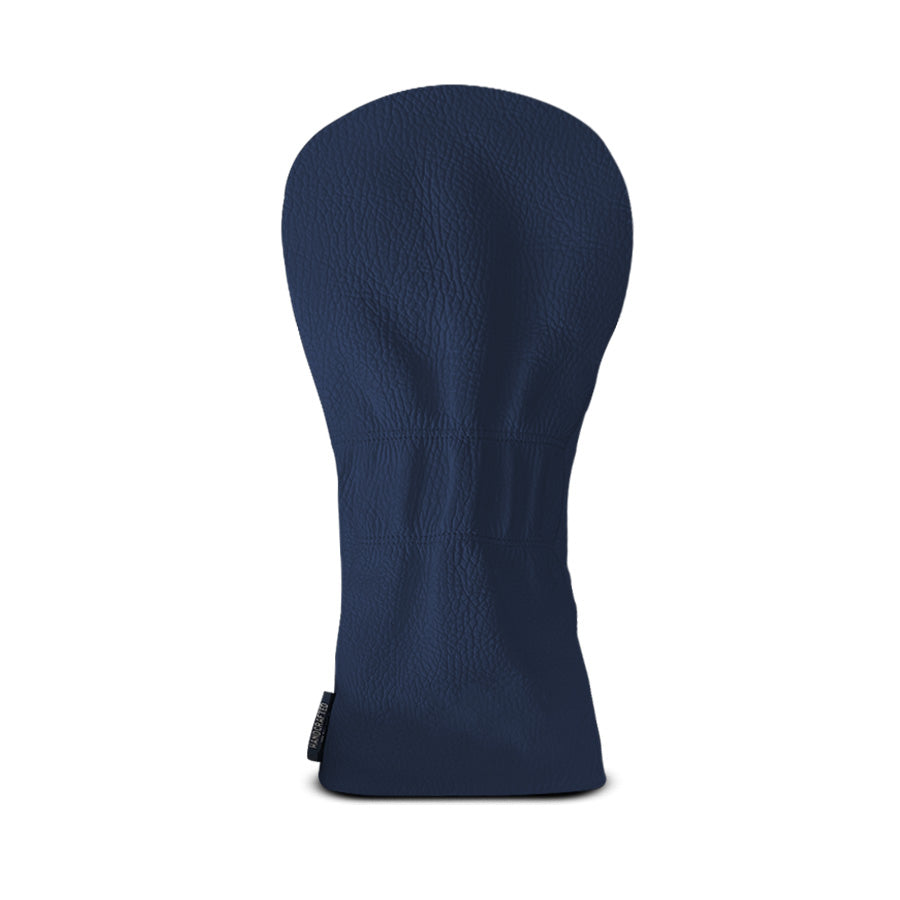

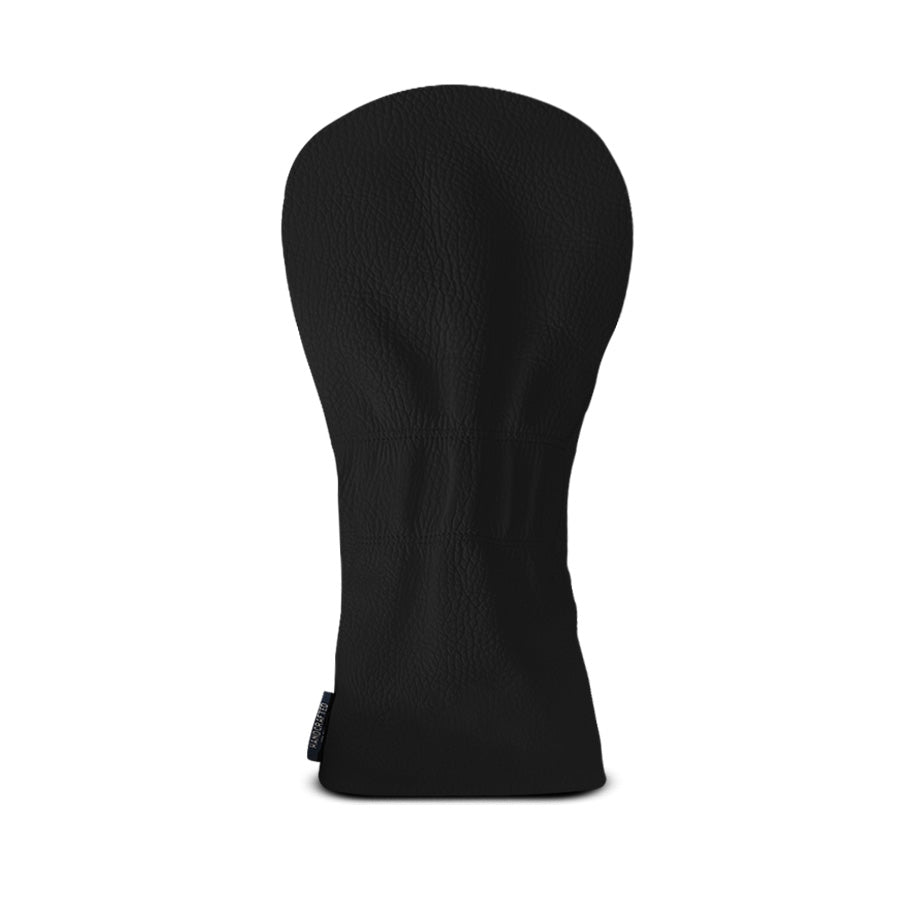




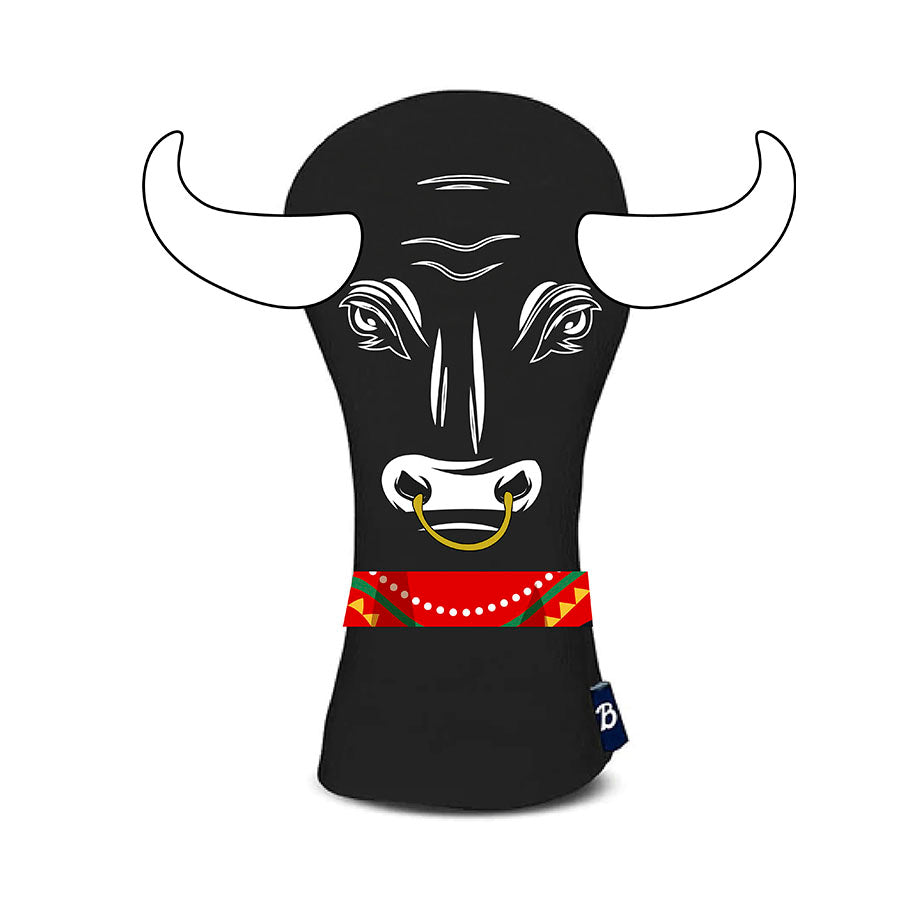
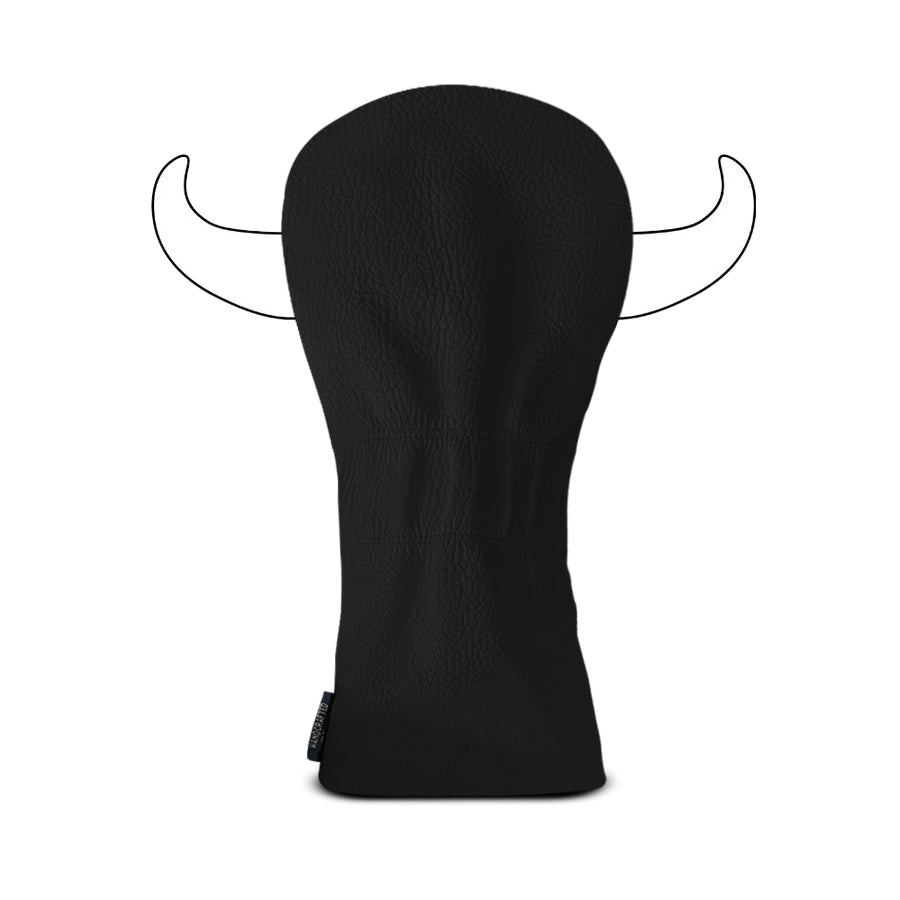

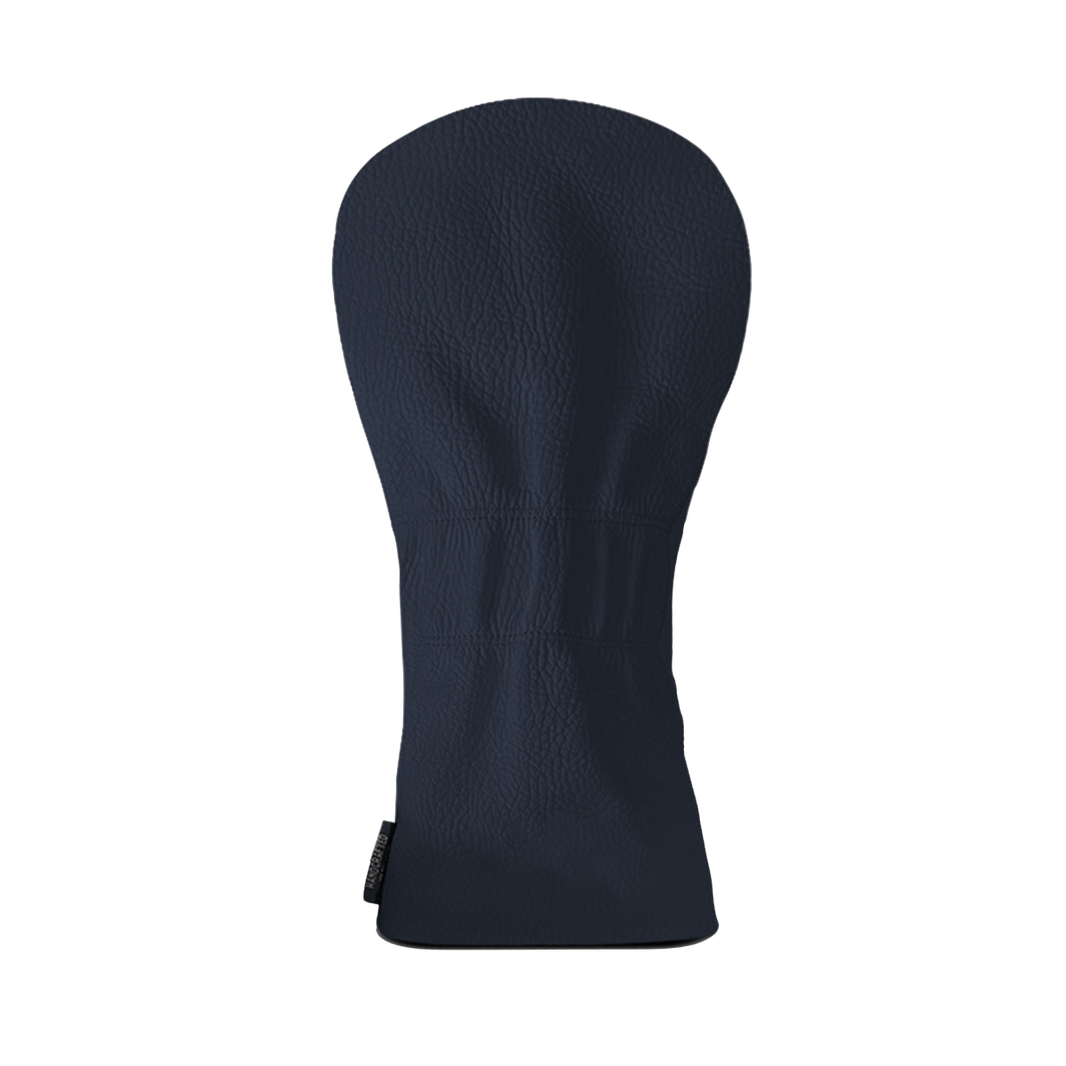
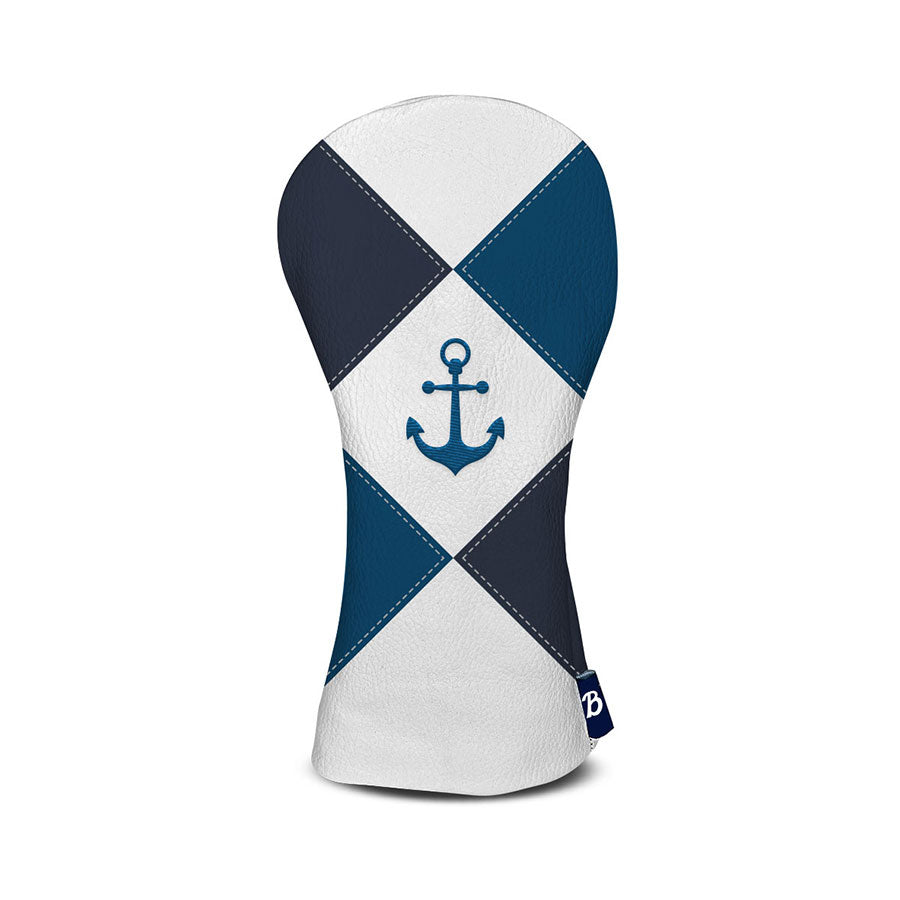
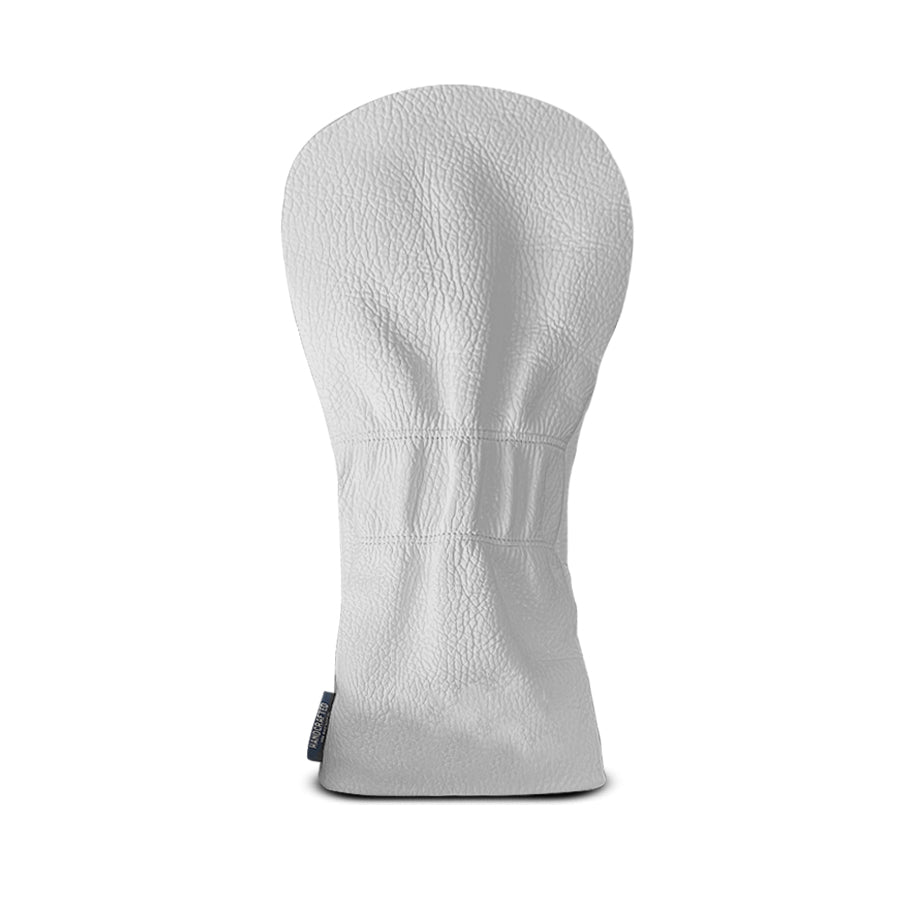
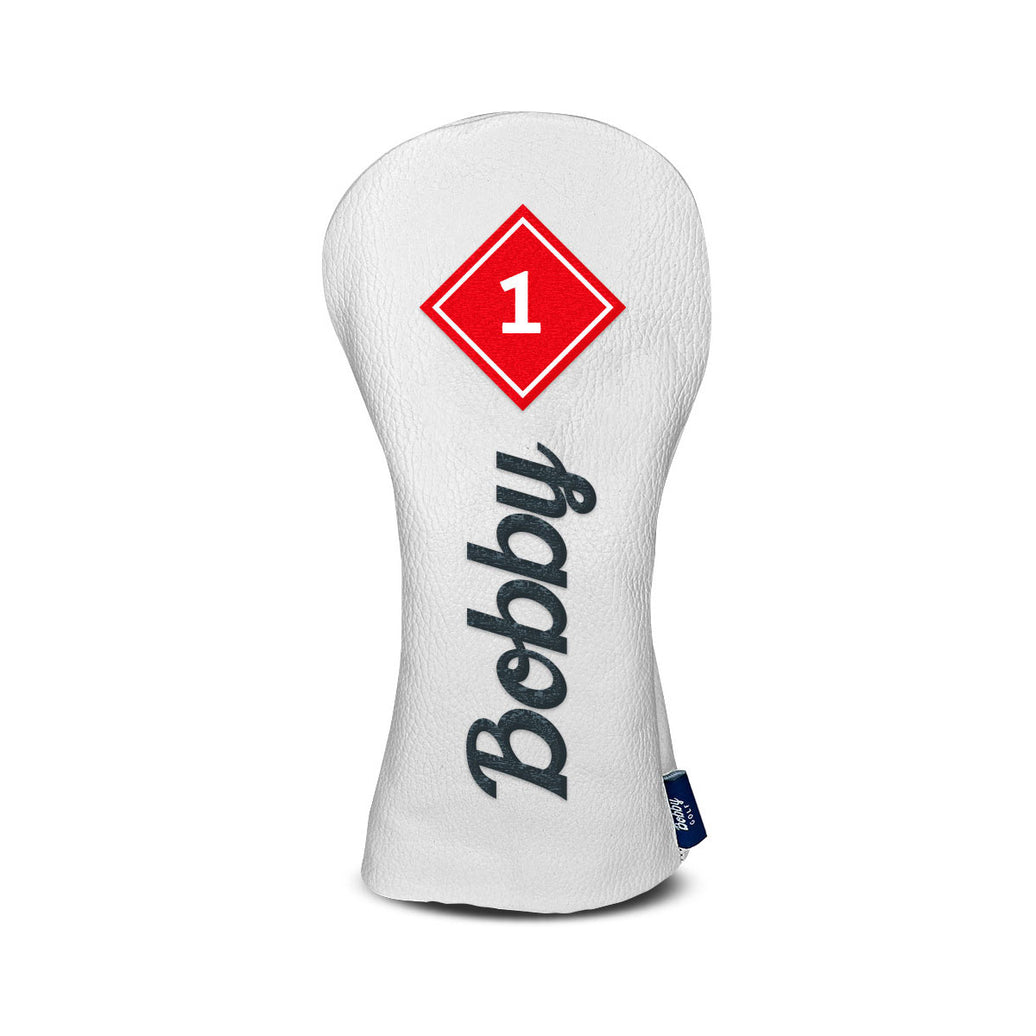




















Leave a comment